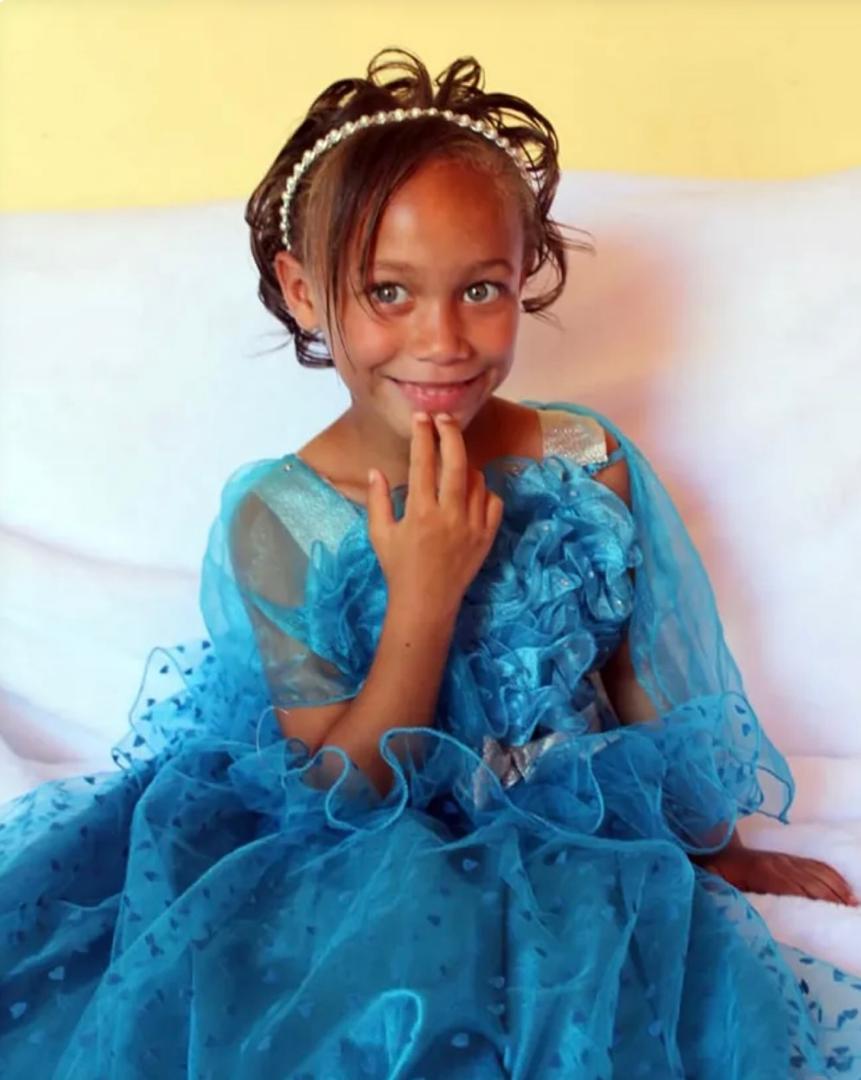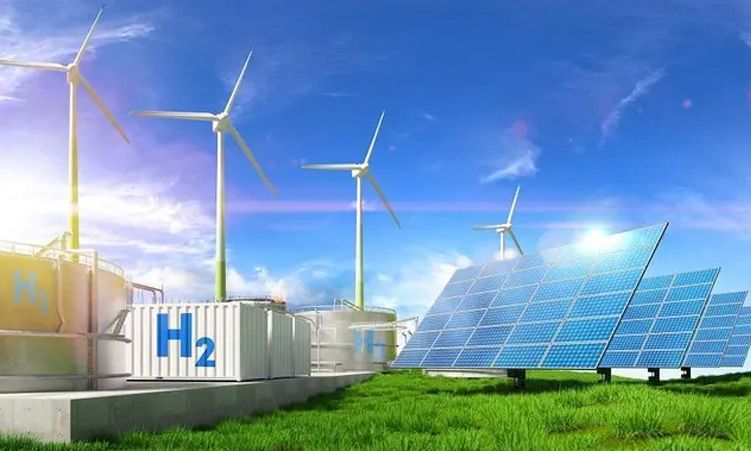HARARE – President Robert Mugabe’s government wants Zimbabwe business leaders to roll back prices on basic consumer items ahead of general elections in the inflation-ravaged country, state media reported on Tuesday.
Prices of milk, bread and other key goods have been rising weekly, especially since a June 2007 government order to cut prices led to panic buying, prompted storeowners to stop stocking shelves and worsened a food crisis in what was once one of Africa’s top agricultural producers. Some companies have not recovered from the price crackdown, which was intended to arrest soaring inflation – currently above 100 000 per cent, the highest rate in the world.To ease the pressure, the state-owned Herald newspaper reported yesterday, Mugabe wanted prices reversed to February 12 levels when teachers and state workers were awarded pay rises.”We want them (businesses) to reduce prices to those which were in effect before the salary hikes,” Mugabe told a campaign rally on Monday in Hwange, a town in northwestern Zimbabwe.”We are going to read the riot act to them,” Mugabe said.Zimbabwe’s general election on March 29 is largely seen as a referendum on Mugabe’s economic policies.Mugabe has charged price increases are part of a plot to force voters to turn against his ruling ZANU-PF in the presidential, parliamentary and municipal elections.His critics say the former liberation war hero has mismanaged Zimbabwe’s economy and is bereft of solutions to end the crisis in a country whose economy was once one of the strongest in Africa.Opponents also accuse ZANU-PF of trying to buy the election.Equipment has been handed out to poor black farmers and public buses have been christened at pro-Mugabe rallies.The government is expected this week to give 400 new vehicles to doctors who have been striking to protest work conditions.The 84-year-old Zimbabwean leader, in power since independence from Britain in 1980, is being challenged by former ruling party finance minister Simba Makoni, who is running as an independent, and rival Morgan Tsvangirai, leader of the main faction of the opposition Movement for Democratic Change (MDC).All the candidates are promising to end the country’s severe economic crisis, marked by high unemployment and chronic shortages of food, fuel, electricity and foreign currency.Zimbabwe’s agricultural sector, once the cornerstone of its economy, has been decimated since 2000 when Mugabe’s government began seizing thousands of white-owned commercial farms and redistributing the land to poor blacks.A government plan to force foreign-owned companies to cede 51 per cent of their ownership to locals has further rattled foreign investors, though some see it as part of an effort to reward Mugabe loyalists.Despite the deepening economic crisis, Mugabe is digging in and has vowed to both trounce his opponents at the polls and shame Britain and other Western powers he accuses of funding Zimbabwe’s opposition.Nampa-ReutersSome companies have not recovered from the price crackdown, which was intended to arrest soaring inflation – currently above 100 000 per cent, the highest rate in the world.To ease the pressure, the state-owned Herald newspaper reported yesterday, Mugabe wanted prices reversed to February 12 levels when teachers and state workers were awarded pay rises.”We want them (businesses) to reduce prices to those which were in effect before the salary hikes,” Mugabe told a campaign rally on Monday in Hwange, a town in northwestern Zimbabwe.”We are going to read the riot act to them,” Mugabe said.Zimbabwe’s general election on March 29 is largely seen as a referendum on Mugabe’s economic policies.Mugabe has charged price increases are part of a plot to force voters to turn against his ruling ZANU-PF in the presidential, parliamentary and municipal elections.His critics say the former liberation war hero has mismanaged Zimbabwe’s economy and is bereft of solutions to end the crisis in a country whose economy was once one of the strongest in Africa.Opponents also accuse ZANU-PF of trying to buy the election.Equipment has been handed out to poor black farmers and public buses have been christened at pro-Mugabe rallies.The government is expected this week to give 400 new vehicles to doctors who have been striking to protest work conditions.The 84-year-old Zimbabwean leader, in power since independence from Britain in 1980, is being challenged by former ruling party finance minister Simba Makoni, who is running as an independent, and rival Morgan Tsvangirai, leader of the main faction of the opposition Movement for Democratic Change (MDC).All the candidates are promising to end the country’s severe economic crisis, marked by high unemployment and chronic shortages of food, fuel, electricity and foreign currency.Zimbabwe’s agricultural sector, once the cornerstone of its economy, has been decimated since 2000 when Mugabe’s government began seizing thousands of white-owned commercial farms and redistributing the land to poor blacks.A government plan to force foreign-owned companies to cede 51 per cent of their ownership to locals has further rattled foreign investors, though some see it as part of an effort to reward Mugabe loyalists.Despite the deepening economic crisis, Mugabe is digging in and has vowed to both trounce his opponents at the polls and shame Britain and other Western powers he accuses of funding Zimbabwe’s opposition.Nampa-Reuters
Stay informed with The Namibian – your source for credible journalism. Get in-depth reporting and opinions for
only N$85 a month. Invest in journalism, invest in democracy –
Subscribe Now!










